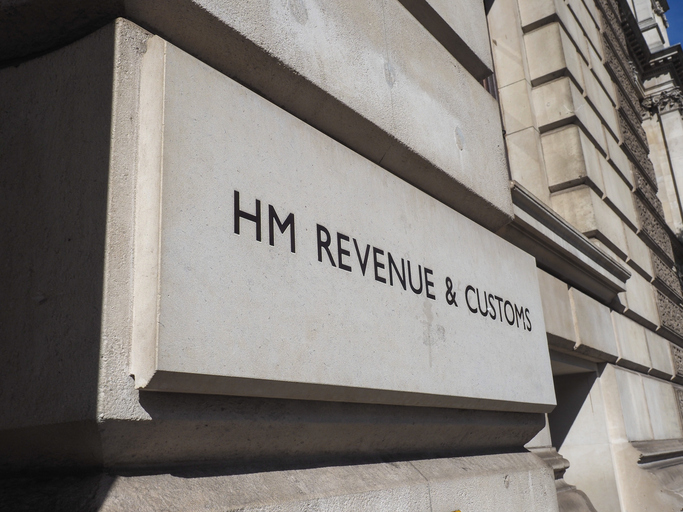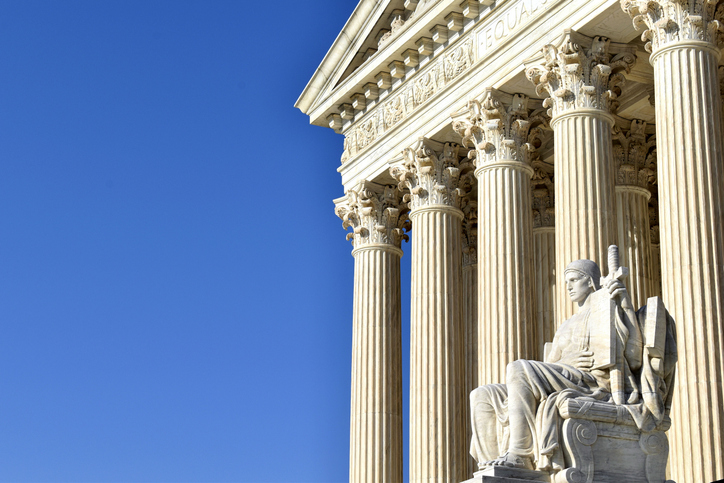Can IRS Whistleblowers Remain Anonymous?
Unlike the SEC Whistleblower Program, the IRS Whistleblower Program does not authorize whistleblowers to submit tips anonymously and remain eligible for a whistleblower award. However, the IRS does guarantee that it will keep the whistleblower's identity confidential when they file a tax fraud report.
May 14, 2025

This information is provided for educational purposes only by Kohn, Kohn & Colapinto and does not constitute legal advice. No attorney-client relationship is created by accessing this content. Laws and regulations may change, and this material may not reflect the most current legal developments. If you believe you have a whistleblower claim, consult a qualified attorney to discuss your specific circumstances.
Unlike the SEC Whistleblower Program, the IRS Whistleblower Program does not authorize whistleblowers to submit tips anonymously and remain eligible for a whistleblower award. However, the IRS does guarantee that it will keep the whistleblower’s identity confidential when they file a tax fraud report.
Whistleblowers should use Form 3949-A, Information Referral, to report an individual or a business that is not complying with the tax laws. In order to claim a reward tax whistleblowers must use Form 211, Application for Award for Original Information. Again, these forms are submitted confidentially to the IRS, but not anonymously.
The difference between being an anonymous whistleblower and a confidential whistleblower is that anonymity requires the absence of any personal identifying information. On the other hand, confidential whistleblowers are known to the IRS, and their identity is not revealed by the IRS without need AND further consent.
Possible Identity Reveal During the Investigative Stage
In their own words, the IRS “takes the protection of whistleblower identity very seriously. We protect against the disclosure of a whistleblower’s identity, and even the fact that they have provided information, to the maximum extent that the law allows.”
However, the IRS has also warned whistleblowers that “under some circumstance, such as when the whistleblower is an essential witness in a judicial proceeding, it may not be possible to pursue the investigation or examination without revealing the whistleblower’s identity.” In these cases, the IRS will inform the whistleblower before deciding whether to proceed.
At Kohn, Kohn & Colapinto LLP, we help our clients navigate the risks of IRS reporting by taking measures to protect their anonymity to the fullest extent possible under the law.
Appeals
If an IRS whistleblower seeks to appeal a decision, they are required to do so in a U.S. Tax Court. At this stage, the Tax Court would determine whether to keep the whistleblower’s identity confidential by balancing the social interests of protecting the whistleblower’s identity with the public’s right to know who is using the resources of the courts.
Historically, the court has granted permission for whistleblowers to remain anonymous in situations where they might be at risk of retaliation if their identity was revealed (e.g. Whistleblower 12568-16W v. Commissioner and Whistleblower 13412-12W v. Commissioner). However, when there is no threat of retaliation against the whistleblower, the court has denied requests to remain anonymous in favor of the public’s right to know who is using their resources.
Possible Legal Protections for Whistleblowers who Experience Retaliation
The IRS whistleblower law does not contain an anti-retaliation provision. However, in the case that a tax whistleblower’s identity is revealed and they face retaliation, there are still safeguards in place. First, tax whistleblowers may be protected under relevant state laws and/or other federal laws that prohibit discrimination against whistleblowers and/or the federal obstruction of justice laws. These would vary based on location and the specific circumstances of the case.
Additionally, tax whistleblowers are protected under the Taxpayer First Act, passed in 2019, which established retaliation protections for employees who report underpayment of taxes or other potential Federal tax law violations or engage in other protected activities. In order to seek protection under the Taxpayer First Act, those who believe they are being retaliated against must file a report within 180 days of the retaliatory action.
Tips for Protecting Your Identity
Of course, the best way to prevent retaliation is for employers to never know you are reporting them to begin with. At Kohn, Kohn & Colapinto, we walk our clients through a specific process of reporting to avoid identity being exposed. Below are some of our best tips:
- Keep Quiet: do not tell colleagues you are filing a report, even those you trust. This also includes internal reporting. If you use internal reporting mechanisms, you risk being identified as a whistleblower should you choose to report your company/organization to the IRS.
- Do not use company devices: most companies can track your searches, communications, and downloads, so refrain from using company devices or emails to report, research reporting, or discuss reporting. Please see these guidelines on best practices for whistleblower cybersecurity.
- Research IRS Whistleblowing: Make sure you understand the procedures of IRS Whistleblowing and possible outcomes, whether this be by researching online or by seeking legal advice.
- File yourself or seek a qualified whistleblower attorney: If you plan to file a report without an attorney, file the report independently. Better yet, seek a qualified whistleblower attorney. Many attorneys are not familiar with the specific parameters of IRS whistleblowing, but the attorneys at Kohn, Kohn & Colapinto – as well as other qualified whistleblower attorneys – know what steps to take to mitigate risk and maximize reward to the client.
- Discreetly collect documentation: The IRS will ask for proof of tax fraud, so being able to provide such proof can increase tax whistleblower rewards if it expedites the investigation or serves as critical evidence. However, whistleblowers should act cautiously when obtaining such evidence as doing so carelessly could expose their identity. Again, potential whistleblowers should seek the counsel of a qualified whistleblower attorney.
Our Firm’s Cases

$104 Million Reward
As an international banker at UBS in Switzerland, Bradley Birkenfeld exposed a massive tax evasion scheme, leading UBS to disclose over 4,450 U.S. tax evaders and pay a $780 million fine to the IRS. He was awarded $104 million by the IRS for his information.

$98 Million Award
The tax whistleblower exposed major international illegal tax schemes for offshore banks. This whistleblower’s allegations led to 387 US payers getting caught red-handed, having stashed millions in illegal offshore accounts.

$100 Million Exposed
Alex Cherpuko, a 21-year-old whistleblower at the time, exposed a $100 million criminal enterprise, securing a $69.6 million judgment and becoming the first to simultaneously use False Claims Act, Dodd-Frank Act, and IRS whistleblower laws.






